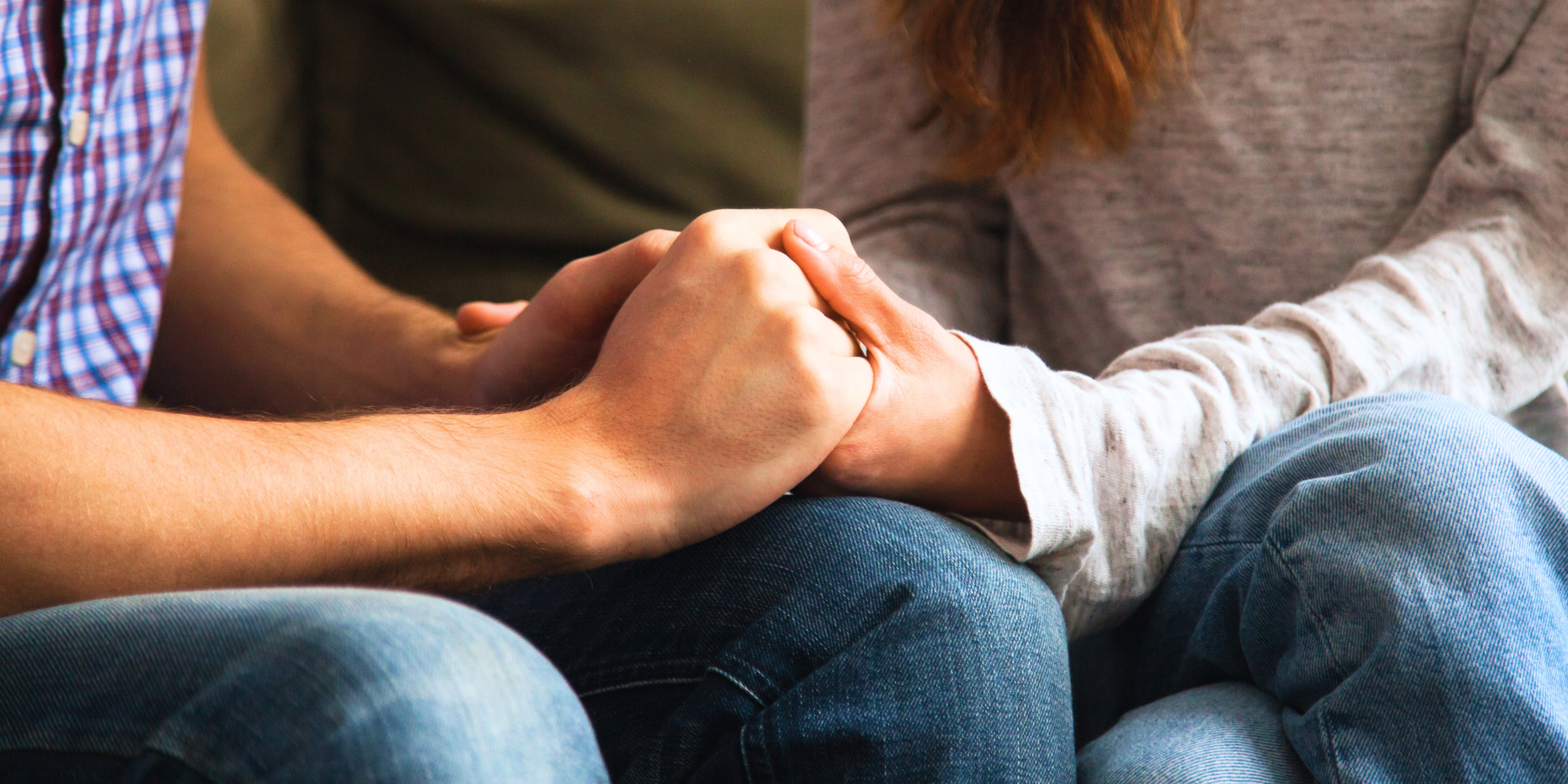Forgiveness
The Path to Restoration and Unity

In our journey through life, we often find ourselves confronted with a challenging truth: admitting when we’re wrong. It’s human nature to justify our actions or shift blame onto others, especially when we’ve made a mistake. But what if this reluctance to acknowledge our faults is holding us back from something greater?
The concept of forgiveness is central to our spiritual growth and our relationship with God. It’s encapsulated beautifully in the phrase from the Lord’s Prayer: “Forgive us our debts.” This simple yet profound statement invites us to explore the depths of God’s grace and our need for redemption. Interestingly, different translations of the Bible use various terms in this part of the prayer – debts, sins, trespasses. However, they all stem from the same Greek word, with “debts” being the most accurate translation. This choice of words is significant, as it paints a picture of our wrongdoings accumulating a spiritual debt that needs to be paid.
For the people who first heard these words in the Sermon on the Mount, the idea of spiritual debt would have immediately conjured images of the temple in Jerusalem. It was there that such debts were settled through the sacrificial system. Once a year, on the Day of Atonement, the high priest would make sacrifices to atone for the sins of the people. This involved a fascinating ritual where the sins of the nation were symbolically placed on a goat, which was then sent into the wilderness, carrying away the people’s transgressions.
But why were sacrifices necessary? The answer lies in the ancient understanding that “the life of the flesh is in the blood” (Leviticus 17:11). When we sin, we essentially rob life from others, and in God’s eyes, this is deeply personal. Just as a parent feels the pain when their child is wronged, our Heavenly Father is hurt when we sin against one another. The shedding of blood in sacrifices was seen as a way to restore life and make atonement – to bring about reconciliation and unity where there was once division. This system, however, was just a precursor to something far greater. With the coming of Jesus Christ, everything changed. The book of Hebrews describes Jesus as both the perfect high priest and the perfect sacrifice. His crucifixion on the cross was a once-for-all atonement that doesn’t need to be repeated. Through His blood, Jesus offers eternal redemption and forgiveness to all who believe in Him.
This is truly good news! We no longer need to bring animals to a temple or attend an annual Day of Atonement. Jesus’ sacrifice is effective for all time, for all people who put their faith in Him. In Christ, there is forgiveness, redemption, and the restoration of our relationship with God and each other. However, there’s a crucial step we must take to receive this forgiveness: confession. As 1 John 1:8-9 reminds us, “If we say we have no sin, we deceive ourselves, and the truth is not in us. But if we confess our sins, he is faithful and just to forgive us our sins and to cleanse us from all unrighteousness.”
This is where many of us struggle. Admitting our faults and confessing our sins requires humility and a willingness to see things from a different perspective. It’s like the experience of narrowly avoiding a collision in a parking lot – sometimes we need to shift our viewpoint to understand our own culpability. The invitation here is clear: we need to stop deceiving ourselves and acknowledge our wrongdoings. Only then can we truly confess and receive the forgiveness that God so freely offers. This act of confession isn’t about earning forgiveness through good deeds or repetitive prayers. Everything necessary for our forgiveness has already been accomplished through Jesus Christ. What’s remarkable is that this forgiveness fulfills our deepest longing – to be united with God and with each other. From the moment we’re born, we yearn for this connection, and through Christ’s sacrifice and our confession, it becomes a reality.
So how can we practically apply this in our daily lives? One suggestion is to incorporate a time of reflection and confession into our daily routine. At the end of each day, take a moment to look back and consider ways in which you may have fallen short. Write these down in a journal, confess them to God, and then pray for forgiveness. As you do this, rest assured in the knowledge that you are truly forgiven. Remember, this forgiveness isn’t dependent on how many hours you volunteer or how many good deeds you perform. It’s freely given because of what Jesus has already done. This truth should fill us with gratitude and a desire to live in a way that reflects the grace we’ve received.
As we embrace this practice of regular confession and acceptance of God’s forgiveness, we open ourselves to a deeper, more authentic relationship with our Creator. We also pave the way for better relationships with those around us, as we learn to extend the same grace and forgiveness we’ve received.
In a world that often seems divided and broken, the message of forgiveness and reconciliation through Christ is more relevant than ever. It offers hope for restored relationships, healed communities, and a renewed connection with God. As we journey through life, may we always remember the power of these words: “Forgive us our debts.” In them, we find an invitation to honesty, humility, and a love that knows no bounds. Let us walk in the light of God’s forgiveness, experiencing the joy of fellowship with Him and with one another. For in Christ, we are made new, our debts are paid, and we are brought into perfect unity with our Heavenly Father. This is the transformative power of forgiveness – a gift freely given, waiting only to be received with open and humble hearts.
